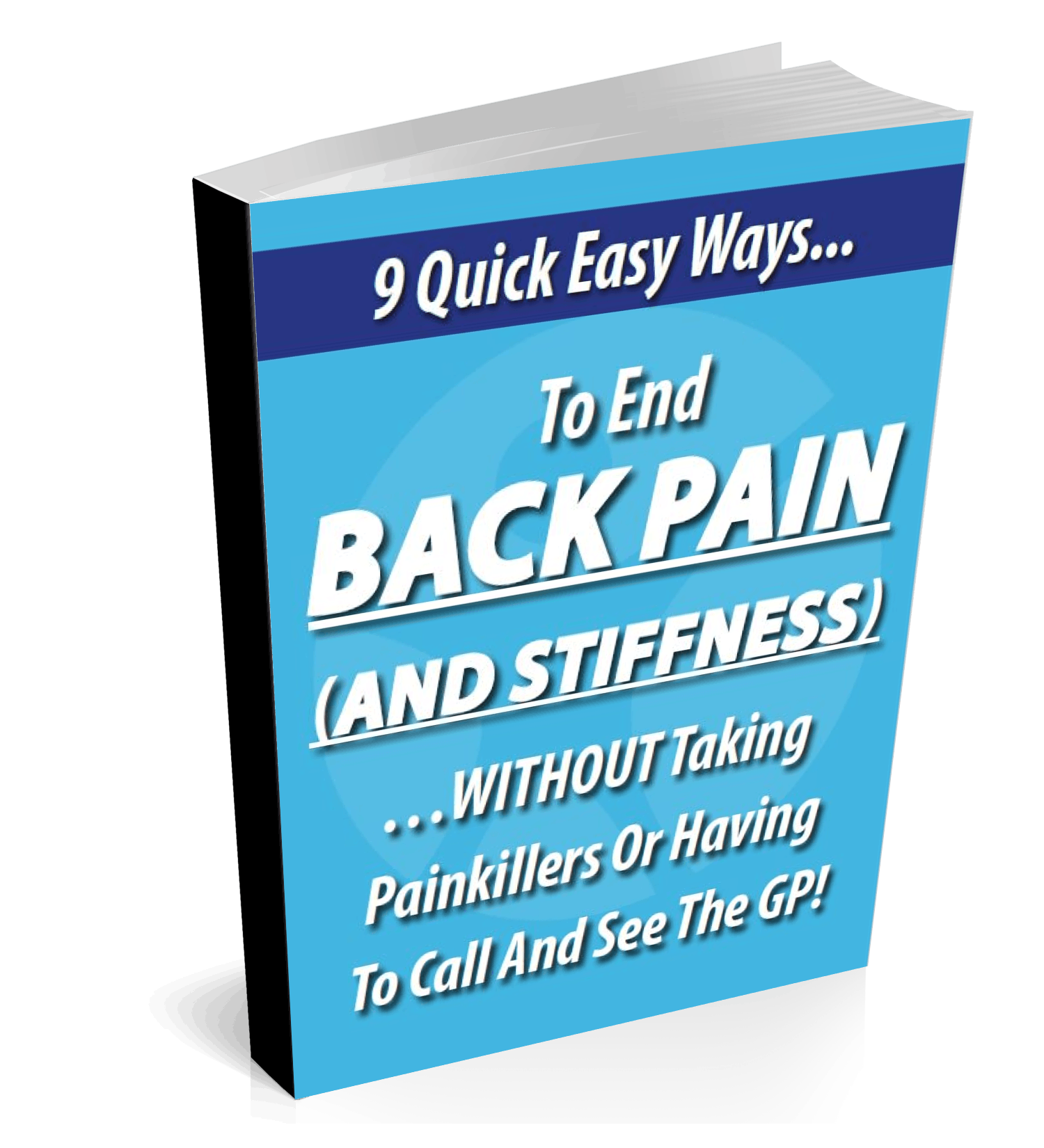Do’s and Don’ts for Frozen Shoulder:
As we enter the magical holiday season, I’m reminded of the simple joys that fill our hearts during Christmas.
The twinkling lights, the scent of freshly baked treats, and the joy of decorating the tree are all cherished moments.
However, for those dealing with the agony of Frozen Shoulder, these cherished moments can turn into daunting obstacles.
The act of raising your arm to place the star atop the tree or hanging up Christmas lights becomes a painful ordeal.
Wrapping presents, shopping for loved ones, and preparing holiday meals can all feel like painful reminders of frozen shoulder’s limitations.
Understanding Frozen Shoulder: What Is It?
Frozen shoulder, also known as adhesive capsulitis, is a condition that affects the shoulder joint.
It’s characterized by pain and stiffness in the shoulder, which gradually worsens over time.
This stiffness and limited range of motion can make even simple tasks excruciatingly difficult.
While the exact cause of a frozen shoulder remains somewhat mysterious, it often develops after a period of immobility or injury.
Conditions like rotator cuff injuries, bursitis, or prolonged immobilization in a sling can pave the way for the development of a frozen shoulder.
Now, let’s dive into the essential do’s and don’ts for managing a frozen shoulder:
The Do’s for Frozen Shoulder:
Seek Early Intervention:
If you suspect you have a frozen shoulder, seek early intervention.
Waiting for the pain to go away on its own can lead to more severe symptoms and prolonged suffering.
Consult a healthcare professional for a proper diagnosis and treatment plan.
Maintain Gentle and Controlled Movement:
While it’s natural to protect your painful shoulder, avoiding all movement can exacerbate stiffness.
Gentle, controlled movement is essential for recovery.
Follow your physical therapist’s recommendations for exercises and stretches that target your frozen shoulder.
Focus on Emotional Well-being:
Coping with the emotional toll of chronic pain is just as important as physical therapy. Seek support from loved ones or a mental health professional if needed. Managing stress and anxiety can significantly enhance your overall well-being during this challenging time.
Embrace Physical Therapy:
Expert guidance is crucial. Physical therapy can provide personalized exercises and strategies to improve your condition and prevent further complications. A skilled physical therapist can help you regain your range of motion and reduce pain.
The Don’ts for Frozen Shoulder:
Don’t Push Through the Pain:
While it’s essential to maintain gentle movement, avoid pushing through severe pain.
Overexerting your shoulder can worsen your condition and lead to further injury.
Avoid Sudden or Forceful Movements:
Jerky or forceful movements can strain your shoulder joint and increase pain.
Stick to slow, controlled movements recommended by your physical therapist.
Don’t Neglect Consistency:
Consistency in your physical therapy exercises is key to improvement. Skipping sessions or exercises can hinder your progress. Stick to your treatment plan and communicate any concerns with your therapist.
Don’t Delay Seeking Help:
If you experience persistent pain, limited mobility, or disrupted sleep due to your frozen shoulder, don’t delay seeking professional help. Early intervention can make a significant difference in your recovery journey.
Do you need a helping hand?
Read on…
Bonus: Subscribe To Our YouTube Channel And Learn More About Frozen Shoulders!
If you prefer visual learning and seek expert insights into the complex and painful condition of a frozen shoulder, our informative video has you covered.
In this video, you’ll gain a comprehensive understanding of a frozen shoulder, including its causes, the source of its discomfort, and initial steps toward relief.
With a particular emphasis on tailored care and the goal of keeping you mobile, active, and free from the need for pain medication, this video is highly recommended for individuals over the age of 50, women who statistically experience it more frequently, or anyone dealing with shoulder pain that could indicate a frozen shoulder.”
Don’t wait for the pain to worsen.
Watch the video now, learn about the early signs of a frozen shoulder, and why timely treatment makes a significant difference
Reclaim Your Life From Frozen Shoulder – Ready For The Next Step?
If you’re concerned that your rotator cuff injury may be progressing into a frozen shoulder, or if you’ve already received a frozen shoulder diagnosis, here’s some good news, especially in the spirit of the holiday season.
Physical therapy holds the potential to transform your path to recovery, offering hope for a brighter future.
At Bodyworx, our dedicated team recognizes that misdiagnoses of rotator cuff injuries can often occur, especially during this festive season. But fear not, for we’re here to bid farewell to your frozen shoulder woes once and for all.
Our seasoned physical therapists stand ready to craft a personalized plan tailored to address your unique concerns. So you can unwrap the gift of healing this Christmas.
We are offering Free Frozen Shoulder Telephone Consultations, allowing you to speak with our experts from the comfort of your own home.
This way, you can get the guidance and reassurance you need without leaving your safe space.
By consulting with one of our seasoned therapists, you’ll have the chance to discuss your journey and receive individualized guidance for managing your frozen shoulder.
Take advantage of our Free Frozen Shoulder Telephone Consultations today.
With our guidance and support, you can regain control over your health and well-being. Let us be your partners in healing and recovery.
Click HERE or call us at 316 558 8808 to schedule your appointment today!
Don’t wait – relief is just a phone call away!
P.S. Keep your eyes peeled for our Black Friday deals this month…
Until next time,
Cody Barnett PT



